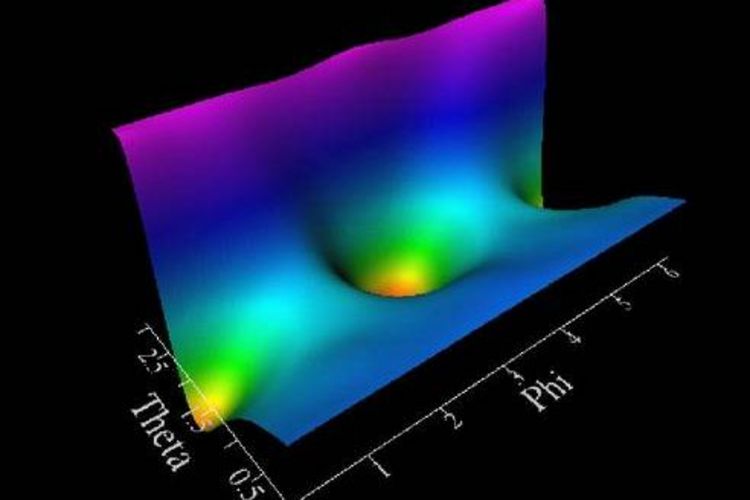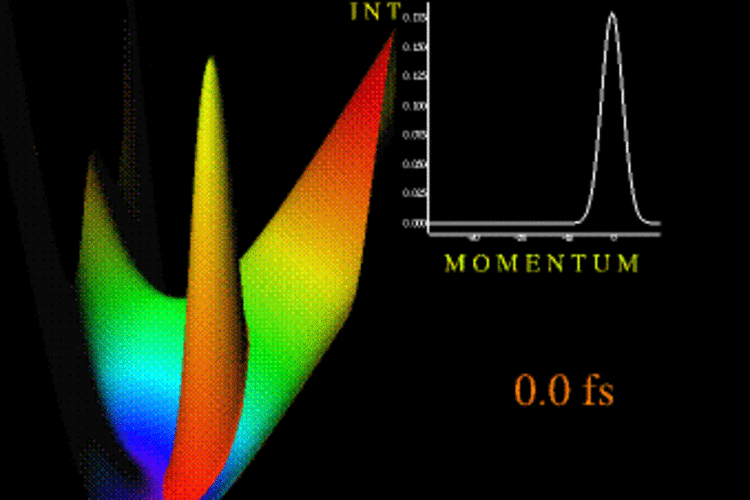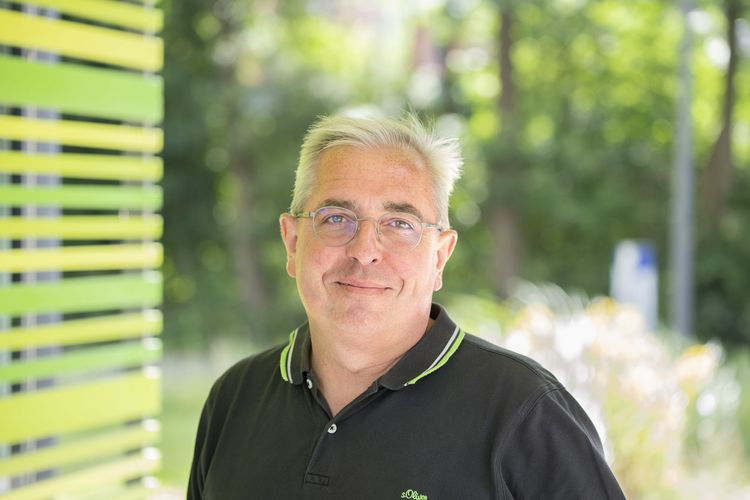The UN General Assembly has declared 2025 the "International Year of Quantum Science and Technology". The foundations for our current understanding of nature were laid 100 years ago with the formulation of quantum mechanics.
The Carl von Ossietzky Universität Oldenburg is strong in research in both the fundamentals and applications of quantum mechanics and in particular in the following topics:
- Quantum control of ultrafast dynamics
- Quantum machine learning
- Non-classical light and photonics
- Quantum birds and
- Quantum chemistry.
As a professor and scientist in the field of theoretical chemistry, Prof Thorsten Klüner and his team conduct research in the field of quantum chemistry: they are concerned with predicting and understanding chemical systems and processes, especially those that are difficult to access. This includes the simulation of dynamic processes such as the laser-induced desorption and reaction of molecules on solid surfaces.
Prof Klüner defines the following two focal points:
- Through the development of a high-dimensional wave packet code we can precisely model the motion of atoms and molecules on potential hypersurfaces. This allows the investigation of complex non-adiabatic effects and the influence of external fields such as laser pulses and the description of open quantum systems (taking into account energy dissipation and decoherence) and the optimal control of these systems.
- The simulations, based on quantum mechanical ab initio calculations of the potential energy surfaces enable a fundamental mechanistic understanding of experimental observations. The further development and parallelisation of these quantum mechanical simulation methods on high-performance computers allows the investigation of increasingly complex systems and opens up new insights into fundamental chemical processes on solid surfaces.
Find out more about the International Year of Quantum Science and Technology at the Carl von Ossietzky Universität Oldenburg: YearOfQuantum.
More about the work and research of working group Prof. Thorsten Klüner.



